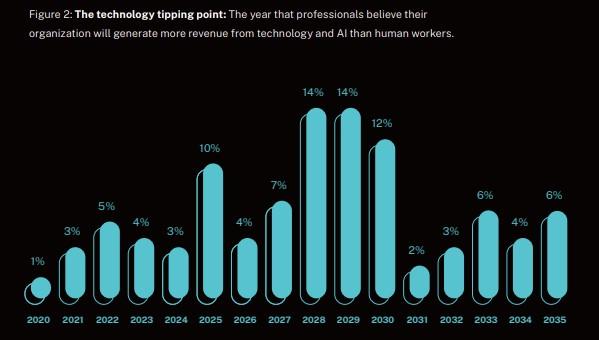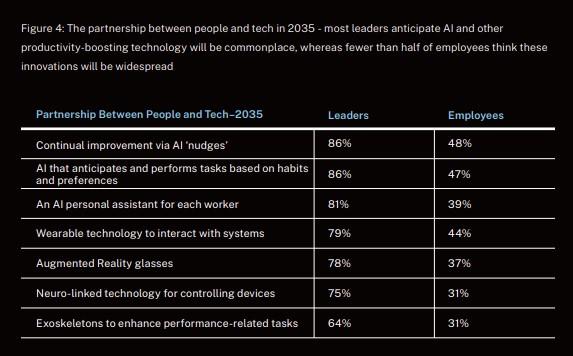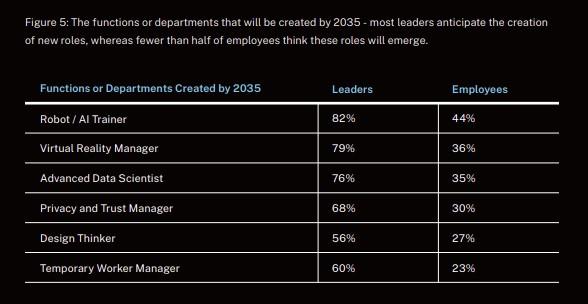Skynet Does The Office: Citrix Says By 2035, Workers With Implanted Chips Will Have “Labor Market Advantage”
Tyler Durden
Thu, 10/08/2020 – 21:50
Just when you thought things couldn’t get more dystopian this year, American multi-national software company Citrix has quietly released into the internet ethos that it expects workers to have “implanted chips” by the year 2035.

Citrix has joined names like Zoom and Slack as popular talking points during the coronavirus pandemic, as more Americans work from home. The trend, while it may reverse course post-pandemic, is still widely considered to be secular in nature as software and technology has made it easier than ever to work from home.
But just how easy should we be making it? Citrix seems to think that Americans should willingly start turning themselves into cyborgs – a decision that, as champions of liberty we are fine with if people want it – but at the behest of their corporate overlords.
The company Tweeted out about a week ago that those with “implanted chips” by 2035 will likely have a “labor market advantage”.
54% of business leaders believe that by 2035, workers with implanted chips will have a labor market advantage. Take a step into the future of work at https://t.co/X19yXLk7FY #work2035
— Citrix (@citrix) September 28, 2020
Yeah, and if you turn yourself into a full on robot that never has to use the bathroom, eat or smoke a cigarette on a break, that would probably make you more appealing as well.
“By 2035 some workers will have taken technology augmentation a step further, choosing to be enhanced with implanted chips,” Citrix’s “Work 2035” report read. “Almost half (48%) of professionals would be willing to have a chip implanted in their body if it would significantly improve their performance and remuneration.”
The report notes an obvious delta between business “leaders” and employees on their feelings about implants: “Almost eight in 10 business leaders (77%) believe that under-the-skin chips and sensors will increase worker performance and productivity by 2035, compared to just 43% of employees who share this view.”
The company followed up in a blog post on its website: “Seventy-seven percent of all surveyed professionals believe that by 2035, AI will significantly speed up their decision-making process. A majority of respondents agree that in the future, tech interfaces will increase human productivity and performance.”
And, like it or not, Citrix predicts AI will have a profound presence in office environments going forward: “Additionally, although over 3/4 of leaders believe that organizations will create functions like AI management departments and cybercrime response units, fewer than half of employees anticipate these business units by 2035.”
But while business leaders are obviously quick to embrace the cost savings that come with AI, the rank and file doesn’t seem to jazzed about the idea: “Whereas most business leaders anticipate a world of strong corporate structures powered by a flourishing human-tech partnership, employees foresee a much more fragmented world, with big corporations no longer dominant, and many roles replaced by technology.”
You can read Citrix’s full “Work 2035” report here, though we’re not sure why you’d want to.
Maybe just wait until 2021 to crack this one open.
![]()
Zero Hedge’s mission is to widen the scope of financial, economic and political information available to the professional investing public, to skeptically examine and, where necessary, attack the flaccid institution that financial journalism has become, to liberate oppressed knowledge, to provide analysis uninhibited by political constraint and to facilitate information’s unending quest for freedom. Visit https://www.zerohedge.com


